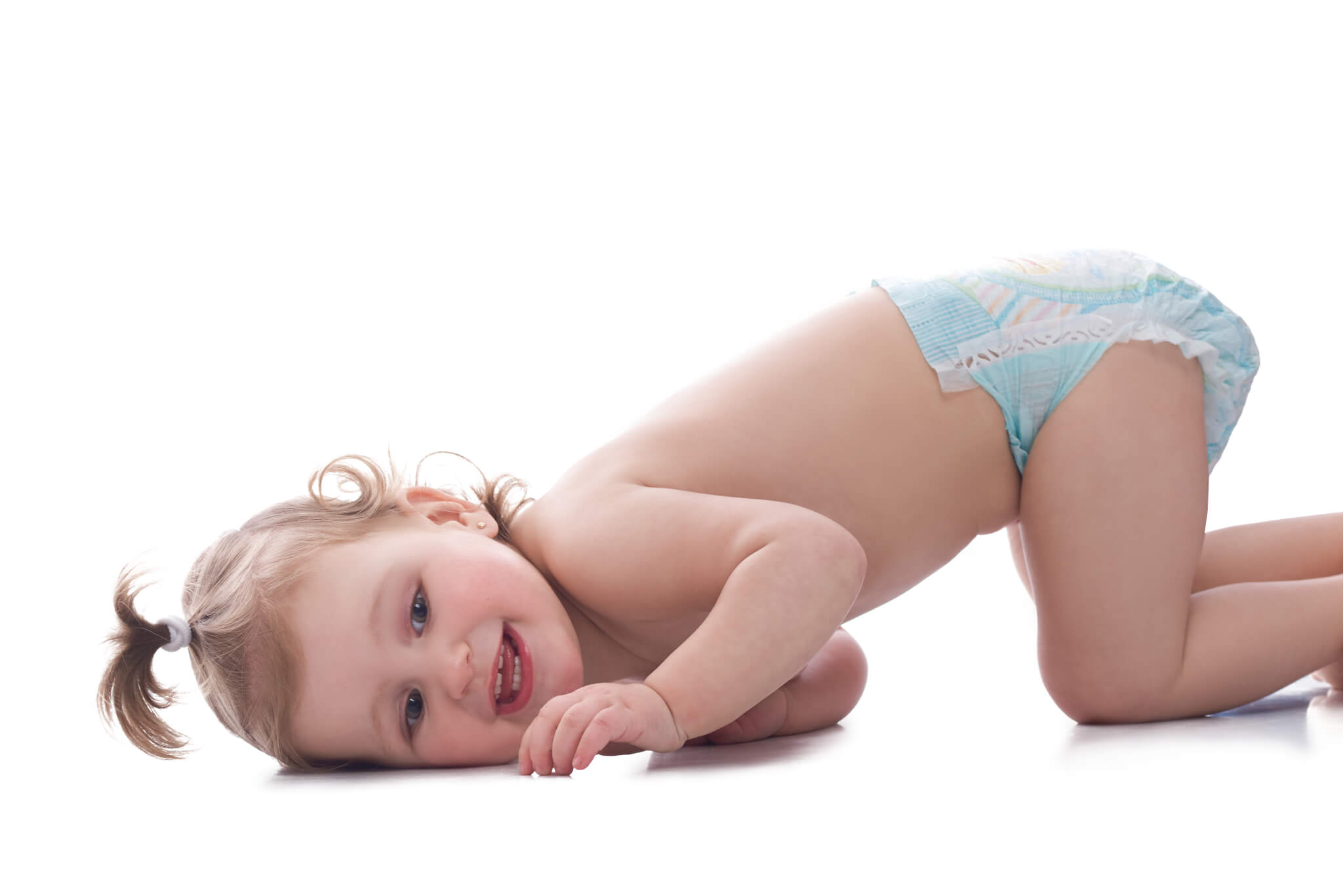
I am currently at a loss with a recent referral of a 2-year-old child without any cognitive delays but with some definite sensory issues. The child was adopted within the past year and is likely a drug-exposed baby. I do not have much more family history than that. Based on the report form other providers, this child has some intense meltdowns at least a couple of times a week. They have started to try potty training her, and she refuses to have anything to do with the toilet but is now playing in her feces. I don’t think she has eaten any of the feces but likes to play in it. Looking for some suggestions for the parents to use. Any insights or suggestions are appreciated.
This is always a tough behavior to address! It definitely can be a sensory issue, but it can also be a behavioral issue. Here is what I would do:
About meltdowns: Without knowing much about this case, typically the best place to start is with a visual schedule. Meltdowns are usually based on feeling out of control and not knowing what to expect. Beyond that, have parents fill out a sensory symptoms checklist and gather ABC data for more insight into the meltdowns.
Best Wishes,
Gwen
© Sensational Brain 2022 – All rights reserved
This site is protected by reCAPTCHA and the Google Privacy Policy and Terms of Service apply.